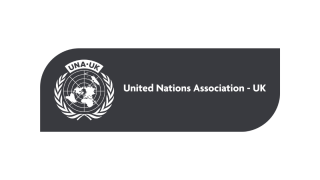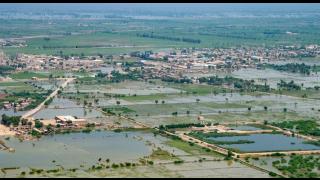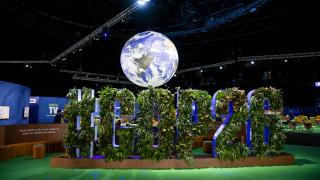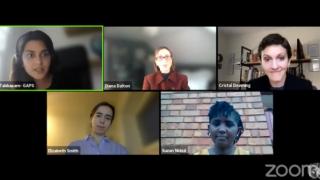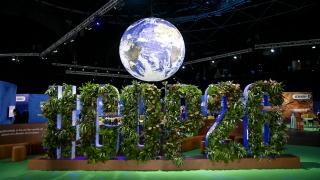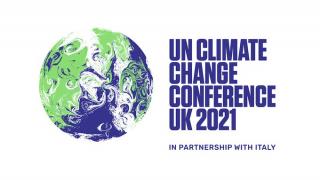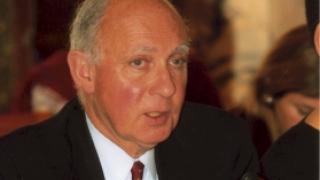
Lord Hannay of Chiswick, Chair of the UN All-Party Parliamentary Group, stressed the important role of the UK in shaping the post-2015 development agenda during a House of Lords debate last week. Praising the Government for meeting the 0.7% GNI aid target, he called on the three main political parties “to make sticking to that commitment a non-partisan objective in their manifestos”. This, he said, would leave the UK well placed to give the lead in post-2015 debates at the UN next year.
Stating that the Millennium Development Goals “set a course that has seen many millions of people lifted out of poverty”, Hannay commented that their “benefits have been too narrowly spread”. He called for the new goals to be “recalibrated” to take a broader approach to development. This should include addressing barriers such as violence in conflict and gender discrimination, as well as boosting infrastructure. In the area of health, for example, high-profile campaigns on infectious diseases should be reinforced by improvements in public health facilities. He also called for the post-2015 framework to be accompanied by an effective monitoring system to ensure that both developing and developed countries can be held accountable for their commitments.
A major theme in the Lords debate was the need to foster global partnerships that respond to the world’s increasing interdependency. The Bishop of Sheffield said that this required “a fresh way of seeing the world” that jettisons the outdated “binary categories” between ‘rich’ and ‘poor’ countries. Baroness Hodgson of Abinger added that this meant treating people as “active partners in development, rather than passive beneficiaries of aid”.
The Lords’ emphasis on global partnerships reinforces the approach taken in UNA-UK’s latest publication, ‘Global Development Goals: Partnerships in Progress’. Click here to download the PDF.
Chairing the debate, Lord McConnell underlined the crucial contribution the UK could make to building these partnerships and to developing an ambitious post 2015 agenda: “As a permanent member of the United Nations Security Council, a leading member of the European Union and an active participant in the Commonwealth, the IMF, the World Bank, the G8 and the G20, we are uniquely placed to influence, even lead, this debate.”
To read about UNA-UK’s vision for the UK’s role on the world stage, click here to view our foreign policy manifesto: A Global Force for Good.

